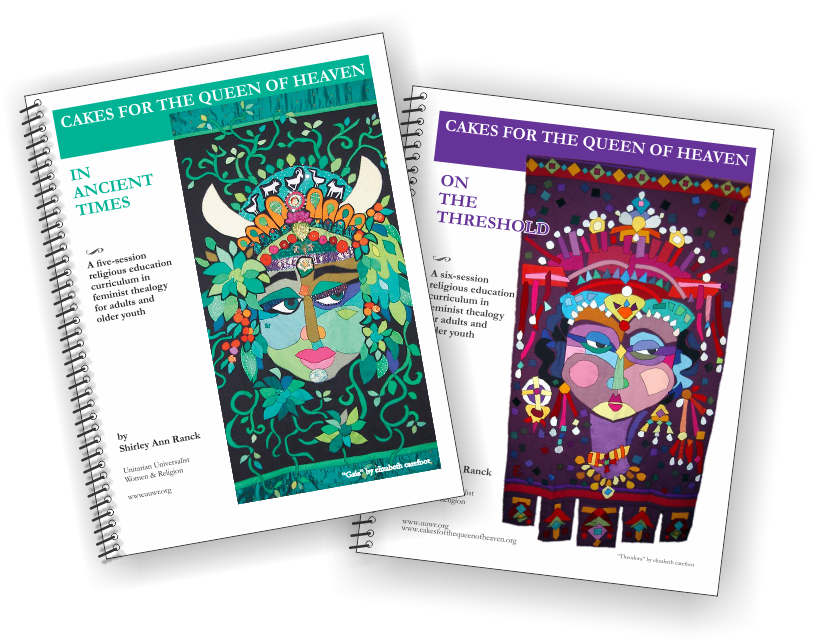The author and designer of the display is Bonnie Hurd Smith, graphic designer, public historian, and author/publisher of books on Judith Sargeant Murray and other historical subjects.
Introduction
Author, editor, journalist, literary critic, educator, friend of the Transcendentalists, social commentator, women's rights advocate, and political revolutionary, Margaret Fuller left an indelible mark on Western civilization during her short forty years.
Today we consider Margaret Fuller one of the guiding lights of the first wave of feminism. She helped educate the women of her day by leading a series of Conversations in which she empowered women to read, think, and discuss important issues of the day. She influenced generations to follow through her classroom teaching, groundbreaking writings, especially her landmark book Woman in the Nineteenth Century, and through her personal example of independence and courage.
Fuller's bold public voice began to emerge in New England, but in her work for the New-York Tribune, which she transplanted to Europe, Fuller's calls for liberty and equality for all people internationally established her as a transcontinental literary ambassador.
Among her accomplishments:
- First American to write a book about equality for women
- First woman foreign correspondent and first woman war correspondent to serve under combat conditions
- First woman journalist for Horace Greeley's New-York Tribune, and first woman literary editor of a major American newspaper
- First editor of the Dial, the Transcendentalist journal, making her the first woman in America to edit an intellectual publication
- First woman literary critic who also set literary standards for American writers
- First woman to enter the Harvard College library to pursue research
Margaret Fuller matters because her all-encompassing, inspiring, and still unrealized vision--aimed at the future--challenges us to continue her work and honor her legacy.
Quote:
From Woman in the Nineteenth Century:
"If you ask me what office women may fill; I will reply--any. I do not care what case you put; let them be sea-captains if you will ... We would have every arbitrary barrier thrown down. We would have every path laid open to woman as freely as to man ... Can we wonder that many reformers think that measures are not likely to be taken in behalf of women, unless their wishes could be publicly represented by women?"


